Never to get lost is not to live, not to know how to get lost brings you to destruction
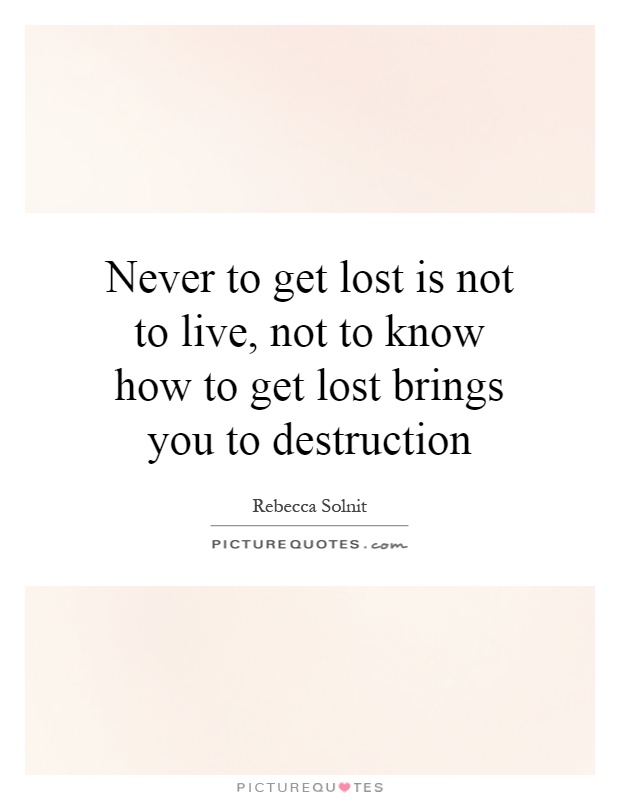
Never to get lost is not to live, not to know how to get lost brings you to destruction
In her book "A Field Guide to Getting Lost," Rebecca Solnit explores the concept of getting lost as a means of self-discovery and growth. She argues that the fear of getting lost is often rooted in a fear of the unknown and a desire for control, but that embracing the experience of being lost can lead to unexpected insights and new perspectives.Solnit suggests that getting lost is not necessarily a negative experience, but rather an opportunity to break free from the constraints of routine and familiarity. By allowing ourselves to wander off the beaten path, we open ourselves up to new possibilities and experiences that we may not have encountered otherwise. In this sense, getting lost can be seen as a form of liberation, a chance to explore the world around us with fresh eyes and an open mind.
At the same time, Solnit acknowledges that getting lost can also be a frightening and disorienting experience. It can bring up feelings of vulnerability and uncertainty, forcing us to confront our own limitations and insecurities. However, she argues that it is precisely in these moments of discomfort and confusion that we have the opportunity to learn and grow. By embracing the unknown and accepting the possibility of failure, we can discover new strengths and capabilities within ourselves that we may not have realized were there.
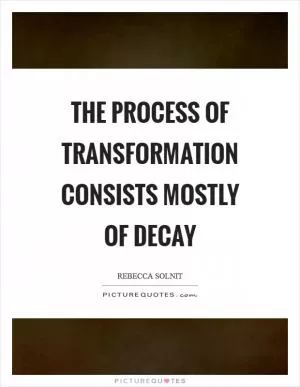
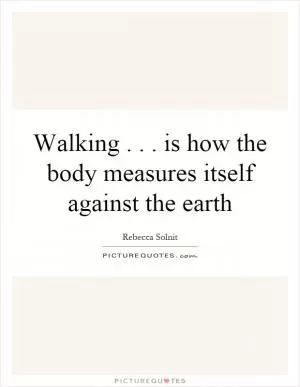
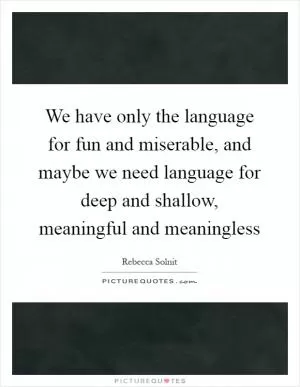

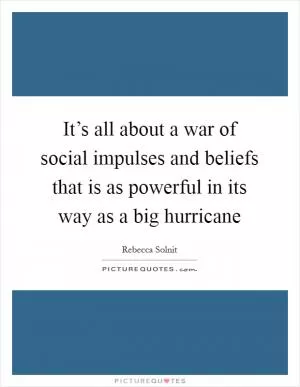


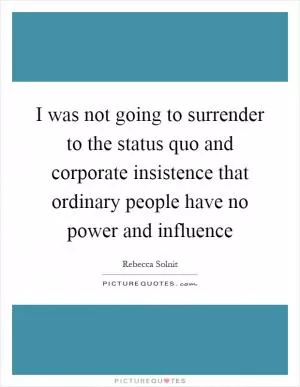

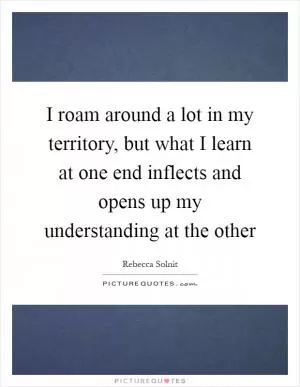

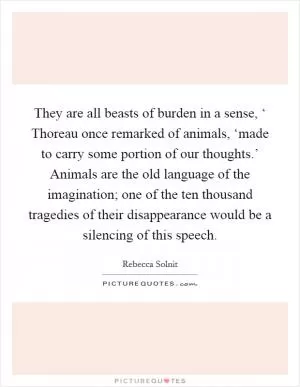
 Friendship Quotes
Friendship Quotes Love Quotes
Love Quotes Life Quotes
Life Quotes Funny Quotes
Funny Quotes Motivational Quotes
Motivational Quotes Inspirational Quotes
Inspirational Quotes